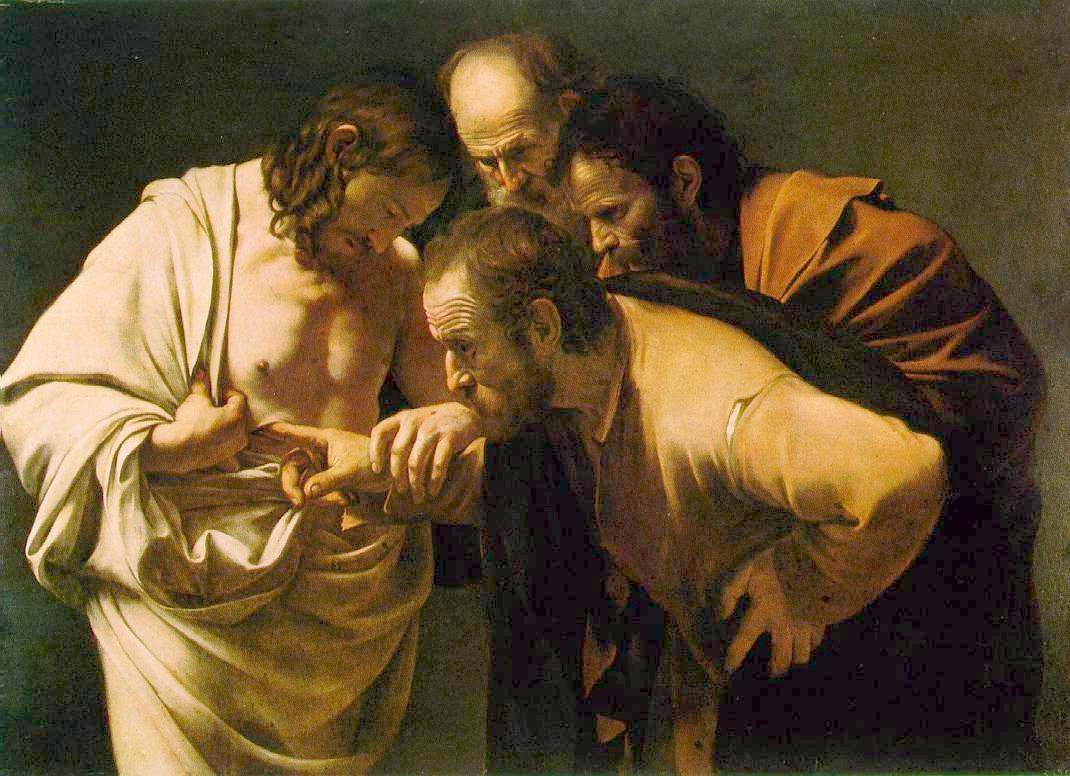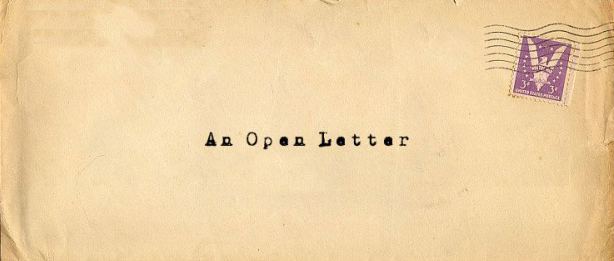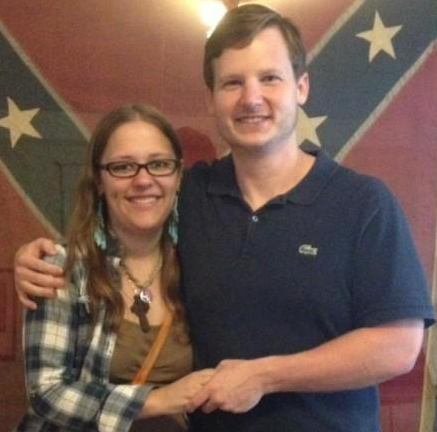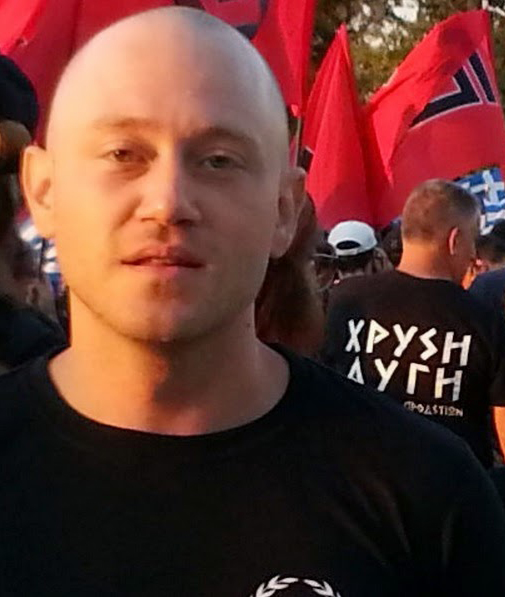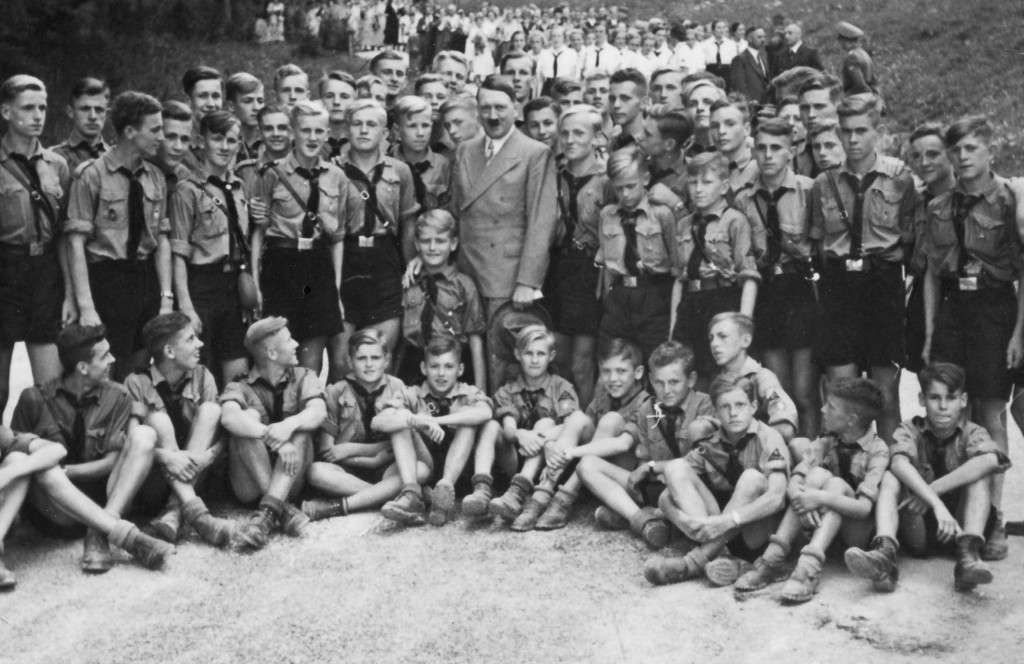
Below, part of Gospel Fictions’ seventh chapter, “Resurrection fictions” by Randel Helms (ellipsis omitted between unquoted passages):
The earliest extended statement about the Easter experiences appears not in the Gospels but in Paul’s first letter to the Corinthians. It dates from the early 50’s, some twenty years after the crucifixion. Paul’s statement is as interesting for what it does not say as for what it does:
I handed on to you the facts which had been imparted to me: that Christ died for our sins, in accordance with the Scriptures; that he was buried; that he was raised to life on the third day, according to the Scriptures; and that he appeared to Cephas, and afterwards to the Twelve. Then he appeared to over five hundred of our brothers at once, most of whom are still alive, though some have died. Then he appeared to James, and afterwards to all the apostles. (15:2-7)
None of these appearances, in anything like the sequence Paul lists, is depicted in the four Gospels. Moreover, not one of the Gospel resurrection appearances is identical to those listed by Paul. Paul did not know the Gospel resurrection stories, for the simple reason that they had not yet been invented, and the four evangelists, who wrote twenty to fifty years after Paul, either did not know his list of appearances or chose to ignore it.
Perhaps most surprising of all the differences is Paul’s failure to mention the legend of the empty tomb, which was, for the writer of the earliest Gospel (Mark), the only public, visible evidence for the resurrection. Though Paul vigorously attempts to convince the Christians at Corinth, some of whom apparently doubted, that Jesus indeed rose from the dead (“if Christ has not been raised, then our preaching is vain, your faith also is vain”), he never mentions this most striking piece of evidence.
Indeed, he had probably never heard of it; it was a legend that grew up in Christian communities different from his own. It may even have post-dated his death, for Mark wrote almost twenty years after his letter to Corinth. Worse yet, Paul would not have agreed with Mark’s theology even had he known it; for Paul, resurrection meant not the resuscitation of a corpse involving the removal of a stone and the emptying of a tomb, but a transformation from a dead physical body to a living spiritual one. “Flesh and blood can never possess the kingdom of God” (I Cor. 15:50).
Not only is St Paul apparently unaware of the resurrection narratives recorded in the Gospels, but his own list of appearances is irreconcilable with those of the evangelists written later. Paul has it that the first appearance of the risen Lord was to Cephas (he always calls Peter by his Aramaic name, and apparently knows no stories about him in Greek). The Gospels describe no initial resurrection appearance to Peter (some women, the number varying from three to two to one, see him first), though Luke says that Peter did see him. According to equally irreconcilable accounts on the Gospels, the first appearance was to Mary Magdala alone (John), or to Mary Magdala and the other Mary (Mathew), or to Mary Magdala, Joanna, and Mary, the mother of James (Luke). Again, Paul declares that the second resurrection appearance was to the “twelve,” whereas both Mathew and Luke stress that the appearance before the disciples was to the “eleven,” Judas being dead. Either Paul did not know the story about the defection and suicide of Judas Iscariot or else the “twelve” meant something different to him.
In other words, different centers of early Christianity produced their own collections of evidence of Jesus’ resurrection; these grew up independently and had, in the cases considered so far, almost nothing to do with each other. Of course, the most famous of the stories appear in the Gospels. Already in the mid-first century A.D., when Paul first wrote to the Corinthians, the idea was well established that Jesus rose again “on the third day, according to the Scriptures” (15:34). That is to say, Christians had scoured the Old Testament for passages that could, out of context, be interpreted as ancient oracles about the career of Jesus.
This involved interpretative methods that to modern eyes seem bizarre. Matthew’s assertion, in 21:4-5, based on his failure to understand the parallelism in the language of Zech. 9:9, that Jesus rode into Jerusalem astride two animals at once, is such an example. Moreover, the length of Jesus’ stay in the tomb was computed by reading Hosea 6:1-2 out of context, it being the only passage in the Old Testament with an “on the third day” allusion:
Come, let us return to the Lord;
for he has torn us and will heal us,
he has struck us and he will bind up our wounds;
after two days he will revive us,
on the third day he will restore us,
that in his presence we may live.
Hosea is, in these verses, not discussing the career of a holy man seven hundred years in the future. He is addressing his own countrymen in his own time, calling upon a corrupt people for moral and religious reform, berating people of whom one could say:
Their deeds are outrageous.
At Israel’s sanctuary I have seen a horrible thing:
there Ephraim played the wanton
and Israel defiled himself. (Hos. 6:10)
Some early Christians were aware of the paucity of Old Testament predictions about the length of Jesus’ stay in the tomb, and set about to invent more. Matthew’s additional evidence contains a prophecy in conflict with his own resurrection narrative. According to this evangelist, Jesus was buried on Friday just before sundown, and the tomb was found empty at sunrise on Sunday; thus, Jesus was presumably in the tomb two nights and one day. Nonetheless, Matthew imputed to Jesus the following, composed out of the Book of Jonah: “Jonah was in the sea-monster’s belly for three days and three nights in the bowels of the earth” (Matt. 12:40).
The oldest Christian narratives describing the discovery of the empty tomb on the third day appears in the Gospel of Mark:
When the Sabbath was over, Mary of Magdala, Mary the mother of James, and Salome bought aromatic oils intending to go and anoint him; and very early on the Sunday morning, just after sunrise, they came to the tomb. They were wondering among themselves who would roll away the stone for them from the entrance to the tomb, when they looked up and saw that the stone, huge as it was, had been rolled back already. They went into the tomb, where they saw a youth sitting on the right-hand side, wearing a white robe; and they were dumbfounded. But he said to them, “Fear nothing; you are looking for Jesus of Nazareth, who was crucified. He has risen; he is not here; look, there is the place where they laid him. But go and give this message to his disciples and Peter: ‘He will go on before you into Galilee and you will see him there, as he told you’.” Then they went out and ran away from the tomb, beside themselves with terror. They said nothing to anybody, for they were afraid. (Mark 16:1-8).
The most ancient manuscripts of Mark end at this point, one of the strangest and most unsatisfying moments in all the Bible, depicting fear and silence on Easter morning and lacking a resurrection appearance. But within about fifty years, at least five separate attempts were made by various Christian imaginations to rewrite Mark’s bare and disappointing story; they appear in the Long Ending and the Short Ending of Mark, and in the Gospels of Matthew, Luke, and John.
The first two are second-century interpolations in some texts of Mark and are identified as such in any responsible modern text. They are Mark 16:9-20 (in the King James version and others based on late manuscripts), an unskillful paraphrase of resurrection appearances in other Gospels; and Mark 16:9 in few other late manuscripts, in which the women followed the youth’s instructions to tell the disciples, a statement that conflicts with verse 8 of the original text.
Probably the first large-scale effort to rewrite Mark’s account and make it more pleasing to the faithful took place when the Gospel of Mathew was written in the last two decades of the first century. Although the major written source information was the Gospel of Mark, Matthew made up striking changes in Mark’s resurrection narrative. Mark’s account ends with the women running away from the tomb in terror and in their fear say nothing to anybody. Matthew did not like this ending, however, so he changed it, consciously constructing a fictional narrative that more closely fit what he and his Christian community wanted to have happen on Easter morning: “They hurried away from the tomb in awe and great joy, and ran to tell the disciples” (Matt. 28:8). How did Matthew feel justified in making such a major change in Mark, a source he obviously regarded, for the most part, as authoritative?
The answer is that Matthew was a conscious literary artist who sincerely believed in the resurrection; moreover, he believed he had the authority, granted him by his church and by its interpretation of the Old Testament, to “correct” Mark’s Gospel and theology. Indeed, he had corrected Mark many times before, often doing so on the basis of what he regarded as his superior understanding of the oracles in the Old Testament. For since Jesus’ life happened “according to the Scriptures,” early Christians were confident that in order to find out about him, they did not need to engage in historical research or consult witness (in our understanding of these two approaches); they found detailed history in the ancient oracles of the Hebrew Bible, read as a book about Jesus.
Matthew was a careful student of both the Old Testament and of Mark, which in his time was not yet accepted as canonical Scripture and thus could be changed at need. His study revealed how frequently Mark’s Gospel was transparent upon Scripture (or based upon it), and in ways that Mark himself apparently did not recognize. Mark had composed his Gospel on the basis of earlier oral and written sources, which in turn had found much of their information about Jesus in the Old Testament. Though Mark seems not to have realized that this was so, Matthew readily recognized the relationships between Mark and the Old Testament, and even took it upon himself to extend and correct them.
In this case he saw Mark’s resurrection narrative as transparent upon de Book of Daniel, especially chapter 6, the story of the lion’s den. On recognizing the relationship, Matthew seems to have consulted the Septuagint version of Daniel and believed that he found there details of a more accurate account of the happenings of the Sunday morning than could be found in the pages of Mark; never mind that Daniel’s narrative is a story in the past tense about presumed events in the distant past. Matthew ignored its narrative and historical content and turned it into a prophetic oracle, as had the originators of Mark’s story.
It seems clear that in a literary sense at least, Matthew was right: the account of the empty tomb used by Mark was indeed structured on Daniel’s story of the lion’s den. In the 30’s and 40’s, the empty tomb story was not part of the tradition about the resurrection: Paul was unaware of it. The legend grew in Mark’s community, or one from which it borrowed, as part of its stock of evidence for Jesus’ resurrection. As Matthew was to do again nearly a generation later, certain Christians, perhaps in the 50’s and 60’s, searched the Old Testament, a major source of what was for them authoritative information about Jesus, in order to construct their account of the passion and resurrection, and found in the Book of Daniel much of what they needed. Consider the parallels. […]
[Helms’ text cannot be copied and pasted in the internet. Above I typed directly pages 129 to 135 from his book, Gospel Fictions, Prometheus Books, 1988. But I’ll omit Helms’ detailed account of these parallels and jump to page 142:]
In sum, we may say that Matthew’s account of the resurrection is a fictional enlargement of Mark’s fictional narrative, produced, at least in part, because of what he saw as the incomplete and inadequate nature of Mark’s last chapter. Certainly, Matthew sincerely believed in the resurrection; he also believed that his version of the story was more authoritative, more “scriptural,” than Mark’s, but his sincerity does not make the story less fictive. The same may be said of Luke’s enlargement of the Markan resurrection account.
The Gospel of Luke is, like that of Matthew, an expanded revision of Mark. Of Mark’s 661 verses, some 360 appear in Luke, either word-for-word or with deliberate changes. Some of the most dramatic of these changes appear in Luke’s version of Mark’s resurrection narrative.
Luke’s most significant change from Mark—the totally different angelic message at the tomb—finds its origin not in the Old Testament, however, but in Luke’s need to prepare his readers for the story of Pentecost in the Book of Acts, which he also wrote. In the version of the story Luke wishes to present, the disciples cannot be ordered, or even allowed, to leave Jerusalem for Galilee; they must remain for the all-important Pentecost experience.
Matthew composed a Galilee resurrection appearance using the Book of Daniel as the source of what Jesus would have said. But Luke eliminates the angels’ statement that the risen Jesus is going to Galilee; in contrast to Matthew, who composes a new statement for Jesus out of the youth’s speech in Mark (“take word to my brothers that they are to leave to Galilee”—Matt. 28:10), Luke imputes to Jesus a new saying that demands quite the opposite: “Stay here in this city until you are armed with the power from above” (Luke 24:49).
Luke thus presents resurrection appearances only in the vicinity of Jerusalem. Mark implies, and Matthew specifically declares, that Jesus, followed later by his disciples, left Jerusalem immediately after his resurrection and went to Galilee some eighty or ninety miles to the north, where they all met. Luke writes (Acts 1:3-4) that the risen Jesus “over a period of forty days… appeared to them and taught them about the kingdom of God. While he was in their company he told them not to leave Jerusalem.” For Luke, the story of Pentecost, described in the second chapter of Acts, overshadowed any assertion that the disciples were in Galilee meeting Jesus; they had to be in Jerusalem, so he placed them there and constructed a saying by Jesus to justify this change.
The fourth evangelist, John (who was not the Apostle, but a Christian who wrote at the very end of the first century), possessed a collection of resurrection narratives different from those used by Matthew and Luke, and irreconcilable with them.
In Luke, when the women returned to the disciples with the joyous news that the tomb was empty and that two angels had declared Jesus risen, “The story appeared to them to be nonsense, and they would not believe” (24:11); but in John, when Peter and the other disciples hear the women’s message, they run to the tomb and find it empty, whereat, says John, they “believed” (20:28). […]
The Gospel of John , as originally written (circa 100 A.D.), ended immediately after Jesus’ appearance before the doubting Thomas. Early in the second century, however, certain Christians to whom the gospels of Mathew and Luke were important, recognized that both these earlier works stress, in opposition to John, that the resurrection appearances occurred in Galilee as well as Jerusalem. They took it upon themselves to reconcile John with the others by adding a twenty-first chapter.
That this section is not by the author of the rest of the Gospel is clear from the prominence it gives to the “sons of Zebedee” (John 21:2), who are mentioned by this name nowhere else in the Fourth Gospel, though they are central figures in the Synoptics. A major propose of this addition, and another sign of its late date, is betrayed by the last saying attributed to Jesus in the chapter. For no reason apparent in the narrative, we are told that Peter “saw” an unnamed disciple, the one “whom Jesus loved,” and asked Jesus, “What will happen to him?” Jesus’ response was, “If it should be my will that he should wait until I come, what is that to you? Follow me.”
The saying of Jesus became current in the brotherhood, and was taken to mean that the disciple would not die. But in fact Jesus did not say that he would not die, he only said “If it should be my will that he should wait until I come, what is that to you?” (21:21-23)
Obviously, this disciple (in fact all the first-generation Christians) had long since died, and Jesus showed no signs of returning. The tradition persisted, however, that those were the words of Jesus, for the first generation indeed confidently expected the early return of their Lord (had he not said, in Mark 9:1, “There are some of those standing here who will not taste death before they have seen the kingdom of God already come”?). A saying had to be constructed that would not only demystify and reinterpret this persistent legend, so troubling to the faithful, but solve the apologetic problem it presented. Chapter 21 exists, in part, for this purpose; and though the attempt is an unconvincing quibble, it had to be made.
The resurrection narratives in the last chapters of the four Gospels are effective stories that have given solace and hope to millions of believers who have not read them carefully.
